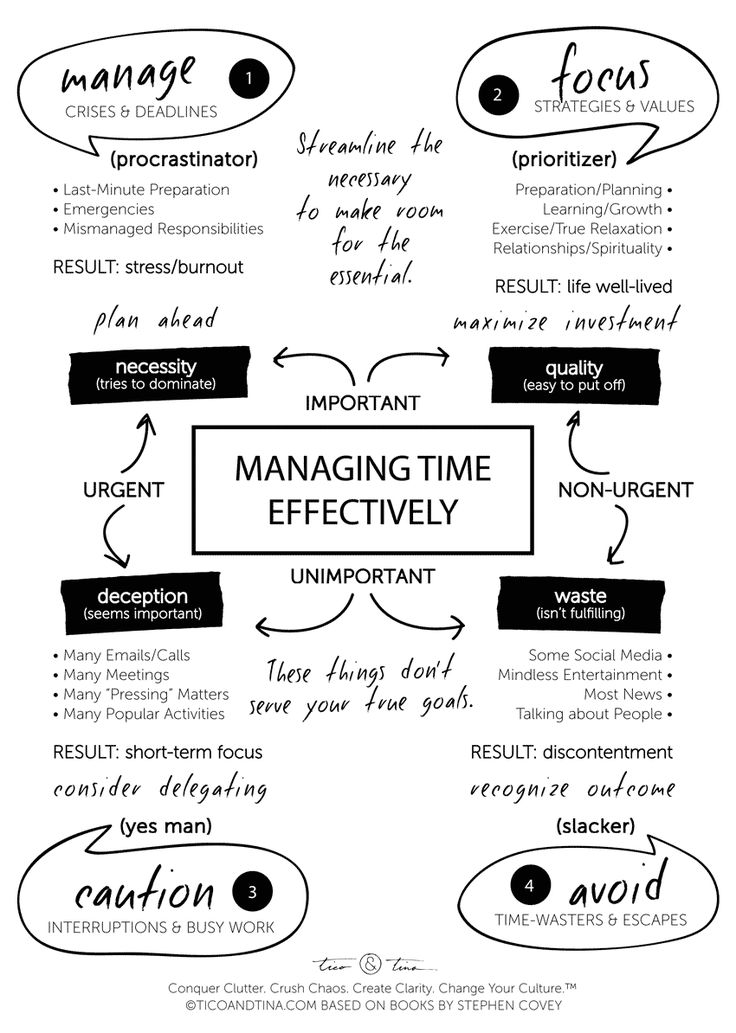
Boost Your Productivity With These Critical Time Management Skills
If you’re looking for ways to improve your productivity when working remotely, then this blog post is for you. We’ve rounded up the most critical time management skills that you need to boost your productivity levels. From learning to delegate and saying no to distractions, these tips will help you make the most of your time.
The reality of time management
We can only control what we do with the time we have.
First and foremost, it is critical to recognize that time cannot be truly managed – at least not in the traditional sense. We have no control over how quickly or slowly time passes; we can only control what we do with the hours we have. This may seem apparent, but it bears mentioning.
Effective time management is not about managing time, but about managing oneself. How we use our time will eventually determine how productive (or ineffective) we are.
You must also recognize that productivity is not accomplished through a single skill set. To be successful, you must employ a number of best practices. The remainder of this essay will go over seven crucial time management skills and how you can use them to become more productive.
8 Critical time management skills to boost your productivity
It is important to manage your time wisely in order to boost productivity. Seven critical time management skills include determining your priorities, prioritizing work, setting clear goals, organizing tasks, scheduling efficiently, and adapting as needed. By mastering these skills, you can increase your productivity and efficiency both at work and in your personal life.
Set achievable goals
You can make your goals measurable by setting milestones at various stages in your journey. Setting achievable goals is the key to success in any area of life. Without specific, measurable, attainable, relevant and time-bound goals, it is difficult to gauge progress and achieve success.
Setting goals helps you to take control of your life and gives you a sense of purpose. Having specific goals in mind can help you stay focused and motivated. By writing down your goals, you can also track your progress and see how far you’ve come.
What will it take to achieve them? How can you manage your time to make sure the goals are SMART: specific, measurable, attainable, realistic, and time-bound?
Create a daily to-do list
One of the most important skills for boosting productivity is time management. By starting tasks early and avoiding multitasking, you can make the most of your time. Additionally, it is helpful to make a plan for each day, including allocating specific amounts of time for each task. Remember that real time management goes beyond simply making a list or planner; it also means being mindful of how you spend your time throughout the day.

Create a priority list rather than a to-do
A priority list is a great way to get organized and focus on what’s important. By categorizing your tasks, you can make sure that you’re tackling the most important items first. This can help you avoid procrastination and get things done more efficiently.
Take regular breaks
One way you can use time management to help your productivity is by scheduling regular breaks. After a period of focus time, or even just a long workday, it’s important to give yourself some time to relax and rejuvenate. Breaks are as important as all of your to-dos, so consider adding breaks to your schedule the same way you do your tasks. Block time on your calendar and do something that will help you relax and recharge, whether it’s taking a walk, reading for pleasure, or listening to music.
In order to boost productivity, it is important to take breaks. This allows the brain to have a chance to relax and reduce stress levels. By taking regular breaks, it is possible to increase focus and concentration. Additionally, historical data should be taken into consideration when planning tasks. This will allow for a more efficient use of time.
Learn to say “no”
One of the most important skills for time management is learning to say no. This can be difficult for some people, as they may feel like they are being rude or unhelpful. However, in many cases, saying no is necessary in order to stay on track and achieve goals. It is also a sign of self-confidence and assertiveness. Those with good time management skills know when to say no in order to stay focused and productive.
Eliminate distractions
Time management is a top priority for anyone looking to boost their productivity. One of the best ways to do this is to eliminate distractions. Distractions can come in many forms, from checking social media to chatting with co-workers. By eliminating these distractions, you can focus more on the task at hand and get more done in less time.
Keep a time log
Time logs are a great way to keep track of how you spend your time, and can help you to identify areas where you may be able to save some time. By tracking your time and recording it, you can begin to see patterns in your work habits and make changes accordingly. Whether you’re working solo or in a team, time tracking can help you be more efficient in your work and make better use of your time.
Avoid multitasking
We often think of multitasking as a way to be more productive, but in reality, it can lead to more stress and less productivity. Multitasking can impair the efficiency and even hurt brain function. A study from researchers at the University of Oregon found that chronic multitaskers are also less able to focus their attention fully.
“The more we multitask, the less we actually accomplish because we slowly lose our ability to focus enough to learn,” Dr. Kubu said. Doing several things at once is a trick we play on ourselves, thinking we’re getting more done. In reality, our productivity goes down by 1.
